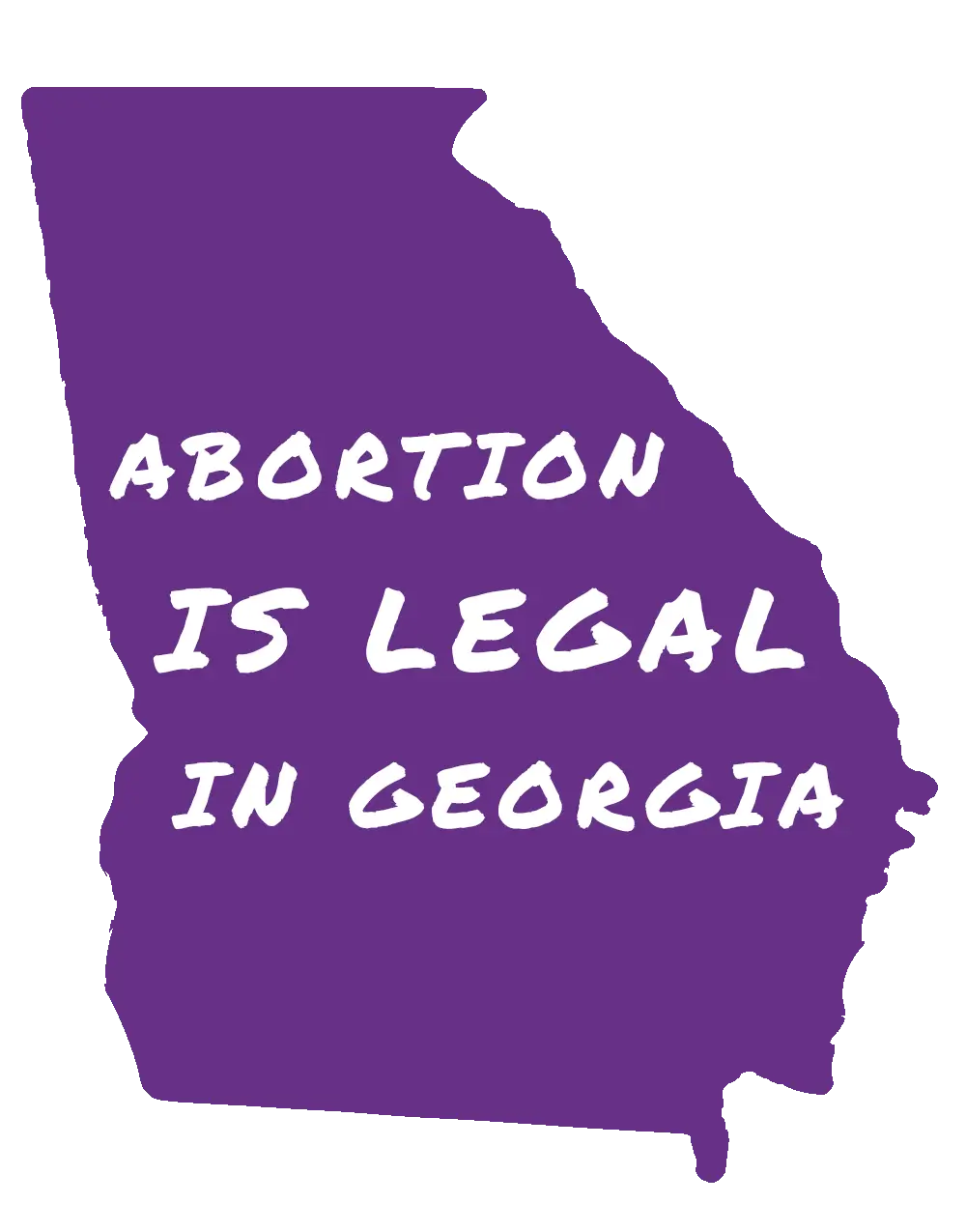
Newsletter Subscribe
Enter your email address below and subscribe to our newsletter

Enter your email address below and subscribe to our newsletter


Georgia’s abortion laws have become increasingly restrictive in recent years, particularly following the U.S. Supreme Court’s decision in Dobbs v. Jackson Women’s Health Organization (2022). This article provides a comprehensive overview of the current state of abortion access in Georgia as of June 18, 2024.
In 2019, Georgia passed the “Human Heartbeat Act” (H.B. 481), which bans abortions once a fetal heartbeat is detected, typically around six weeks of pregnancy. This timeframe often coincides with the beginning of a missed menstrual period, when many women may not yet be aware they are pregnant.
The law was challenged in court, and while a lower court initially blocked it, the Georgia Supreme Court reinstated the ban in November 2022.
However, legal battles continue. The American Civil Liberties Union (ACLU) argues the ban was unconstitutional when passed due to the precedent set by Roe v. Wade. As of June 2024, the legal status of H.B. 481 remains unsettled.
Despite the ongoing legal challenges, Georgia’s abortion access is currently severely restricted due to the H.B. 481 ban. Here’s a breakdown of the key limitations:
The limitations on abortion access in Georgia have significant consequences:
The future of abortion rights in Georgia remains uncertain. Here are some potential scenarios:
Despite the challenging legal landscape, organizations remain committed to providing reproductive healthcare and resources to women in Georgia. Here are some resources:
| (Restriction) | (Description) |
|---|---|
| Gestational Limit | Abortion banned at approximately six weeks of pregnancy. |
| Waiting Period | Mandatory counseling and 24-hour waiting period before an abortion. |
| Physician Requirement | Only licensed physicians can perform abortions. |
| Medicaid Restrictions | State Medicaid funding generally doesn’t cover abortions (except in limited cases). |
| Parental Notice | Minors typically require parental notification or consent for abortions. |
Georgia’s abortion laws in 2024 are highly restrictive, creating significant challenges for women seeking safe and legal abortions. The ongoing legal battles and potential for future developments make the future of abortion rights in the state uncertain. However, organizations continue to provide resources and support to women facing difficult choices about their reproductive health.